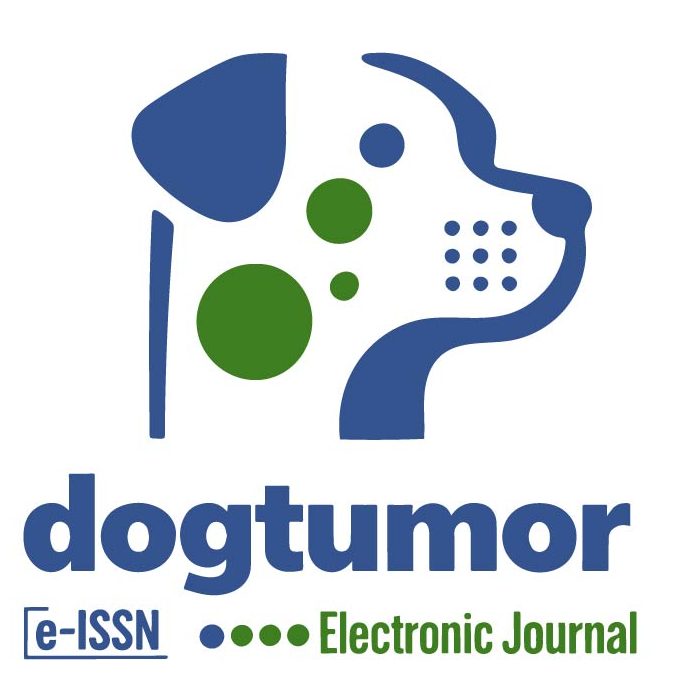Dog Cancer Treatments 2022: Must-Have Integrative Oncology Advances
Dog cancer treatments in 2022 have seen remarkable progress, combining traditional therapies with cutting-edge integrative oncology approaches. For pet owners facing the daunting diagnosis of cancer in their beloved dogs, these advances offer renewed hope for improved outcomes and enhanced quality of life. This article explores the latest breakthroughs, highlighting how integrative oncology has become a cornerstone of modern veterinary cancer care.
Understanding Integrative Oncology in Veterinary Medicine
Integrative oncology is an approach that combines conventional cancer treatments such as surgery, chemotherapy, and radiation with complementary therapies like nutrition, acupuncture, and herbal medicine. The objective is not just to target the cancer cells directly but to support the overall wellbeing of the dog, manage side effects, and strengthen the immune system.
In 2022, veterinary oncologists increasingly recognize the benefits of this holistic approach. Unlike traditional methods that focus solely on eliminating tumors, integrative oncology treats the dog as a whole, aiming to improve longevity and comfort during treatment.
Cutting-Edge Conventional Treatments in 2022
While integrative therapies complement care, conventional treatments continue to advance and form the backbone of cancer management in dogs.
– Targeted Therapy: Similar to human oncology, targeted drugs designed to interfere with specific molecules involved in cancer growth have become more prevalent. These therapies tend to cause fewer side effects than chemotherapy and are especially useful for certain types of cancers like mast cell tumors and lymphoma.
– Immunotherapy: Boosting the dog’s immune system to fight cancer is an exciting area of research and clinical application. Techniques such as cancer vaccines and immune checkpoint inhibitors are gaining traction, offering a new lifeline for dogs with difficult-to-treat cancers.
– Advanced Radiation Techniques: Stereotactic radiotherapy and intensity-modulated radiation therapy (IMRT) allow precise targeting of tumors while minimizing damage to surrounding healthy tissues, improving outcomes especially in brain and nasal cancers.
Must-Have Integrative Oncology Advances for Dogs
Integrative oncology’s growth in 2022 brings several must-have advances that improve side effect management, immune support, and overall quality of life for canine cancer patients.
Nutritional Support and Functional Diets
Proper nutrition is vital during cancer treatment. Veterinary nutritionists now recommend diets rich in antioxidants, omega-3 fatty acids, and select phytonutrients that help modulate inflammation and support immune function. Customized meal plans can also help maintain weight and muscle mass, critical factors for the dog’s strength during treatment.
Herbal and Botanical Supplements
Certain herbs such as turmeric, green tea extract, and medicinal mushrooms like reishi and turkey tail have shown promise in enhancing immune response and reducing tumor growth. While more research is ongoing, many veterinarians incorporate these supplements cautiously alongside other treatments.
Acupuncture and Pain Management
Integrative pain control using acupuncture, laser therapy, and physical rehabilitation supports not only comfort but can enhance the effectiveness of cancer therapies. Acupuncture, in particular, has been demonstrated to reduce nausea, improve appetite, and alleviate discomfort associated with tumors or treatment side effects.
Mind-Body Connection and Stress Reduction
Just like humans, dogs can experience stress and anxiety during cancer treatment, which may affect their immune system and healing. Techniques that promote relaxation, such as massage therapy and environmental enrichment, form an important part of integrative oncology protocols.
Collaborating With Your Veterinary Team
The best results come from a collaborative approach where oncologists, general practitioners, nutritionists, and integrative medicine specialists work together. Dog owners should proactively discuss integrative options with their veterinarians to formulate a comprehensive, personalized treatment plan.
Key questions to ask may include:
– What complementary therapies are safe and appropriate for my dog’s cancer type?
– How can side effects be minimized during chemotherapy or radiation?
– Are there emerging treatments or clinical trials suitable for my dog?
– What nutritional strategies can enhance my dog’s resilience?
Looking Ahead: The Future of Dog Cancer Care
Dog cancer treatments in 2022 exemplify the shift towards integrative oncology, leveraging both science and nature to improve outcomes. Ongoing research into novel immunotherapies, personalized medicine, and non-toxic natural compounds promises even more breakthroughs on the horizon.
For pet parents navigating the challenges of canine cancer, embracing these integrative advances can make a significant difference in the journey. By combining the power of conventional therapies with holistic support, the goal is not only to extend life but to enrich it with comfort and vitality.
—
In conclusion, the landscape of dog cancer treatments has expanded dramatically in 2022, with integrative oncology leading the way. Through a balanced, multi-faceted approach, dogs facing cancer today have more tools and hope than ever before. By staying informed and working closely with veterinary experts, owners can help their furry companions live longer, healthier lives despite the diagnosis.
